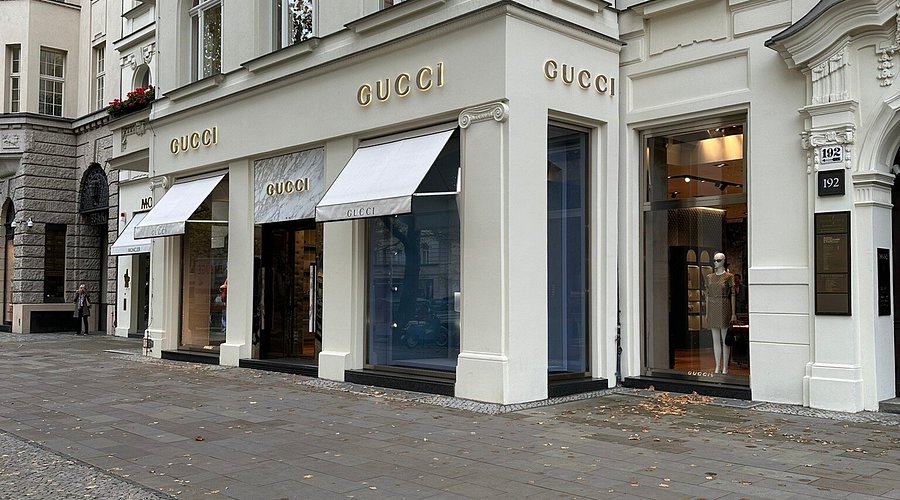Emotional Assets Drive the Next Generation of Heirs to Invest in Feelings
By
John Carter
Last updated:
October 15, 2025
First Published:
October 15, 2025

Photo: Kiplinger
The Rise of Emotional Assets
In the world of extreme wealth, a new form of capital is gaining prominence. Emotional assets, the investments in well-being, relationships, and self-awareness, are shaping the priorities of the next generation of heirs. For them, wealth is no longer only measured in bank accounts or property, but in the quality of their emotional lives and social connections.
From Money to Meaning
The young heirs of dynastic fortunes are increasingly focused on meaning and fulfillment rather than accumulation. They recognize that inherited wealth does not guarantee happiness, and they are redirecting resources to experiences and skills that foster emotional growth. This shift is transforming the way the elite perceive success and influence.
Cultivating Emotional Intelligence
Education in emotional intelligence is becoming a critical asset for the wealthy. Heirs are investing in mentorship, therapy, mindfulness programs, and communication training. These efforts enhance empathy, resilience, and decision-making abilities, allowing them to manage complex social and business environments with grace and effectiveness.
Experiences as Emotional Investments
Travel, art, philanthropy, and immersive experiences are increasingly viewed as valuable emotional assets. They create lasting memories, broaden perspectives, and strengthen social bonds. For the wealthy, these experiences often carry more weight than material possessions, enriching life in ways that conventional wealth cannot replicate.
Legacy Beyond Financial Wealth
Emotional assets also influence how the next generation approaches legacy. Instead of leaving solely monetary inheritance, they are cultivating family culture, values, and emotional literacy. This approach ensures that wealth is accompanied by wisdom, empathy, and resilience, creating a more enduring and meaningful impact.
Networking Through Emotional Capital
The elite are leveraging emotional assets to build deeper, more authentic networks. By investing in meaningful interactions and relationships, they gain trust, collaboration, and influence. Emotional intelligence becomes a currency that enhances social capital and strengthens connections across industries and communities.
The Role of Technology in Emotional Wealth
Technology plays a nuanced role in managing emotional assets. Online platforms offer access to learning, therapy, and immersive experiences that foster personal growth. However, the ultra wealthy are selective, balancing digital engagement with real-world connections to ensure depth and authenticity in their emotional investments.
Challenges of Emotional Investments
While emotional assets are invaluable, they require patience, discipline, and vulnerability. The next generation must navigate the complexities of privilege, expectation, and public scrutiny while cultivating genuine personal growth. Achieving emotional wealth is an ongoing process that demands attention and care.
The Cultural Shift in Wealth Perception
Prioritizing emotional assets signals a broader cultural evolution among the elite. Traditional markers of wealth such as luxury cars and grand estates are now supplemented by introspection, empathy, and emotional sophistication. This trend reflects a desire for balance, fulfillment, and long-term satisfaction beyond material abundance.
Lessons for a Wider Audience
Even outside elite circles, the principle of investing in emotional assets is universally relevant. Prioritizing well-being, fostering meaningful relationships, and cultivating self-awareness can improve quality of life. The ultra wealthy provide a magnified example of how emotional intelligence can complement material success, showing that wealth is most complete when it nurtures the mind and heart.
Subscribe to unlock premium content
Sed at tellus, pharetra lacus, aenean risus non nisl ultricies commodo diam aliquet arcu enim eu leo porttitor habitasse adipiscing porttitor varius ultricies facilisis viverra lacus neque.
A comprehensive guide on Agile development

10 Productivity tools that are worth checking out

Top 7 Must have management tools for productivity

A comprehensive guide on Agile development

10 Productivity tools that are worth checking out

A comprehensive guide on Agile development









